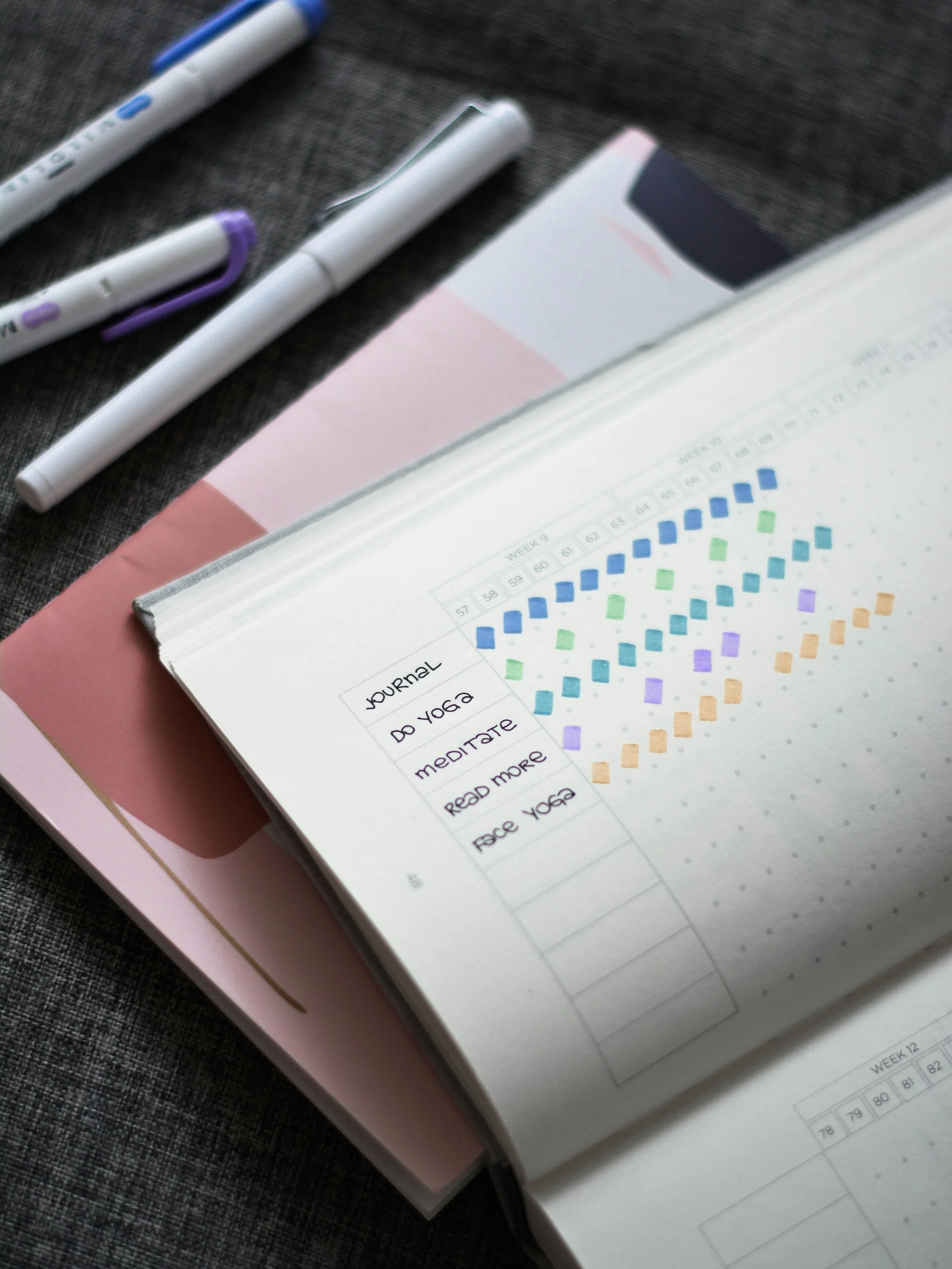Routines That Support Your Mental Health (Without Burning You Out)
You’ve probably heard that routines are “good for your mental health”—but no one talks about how hard they can be to create or stick to, especially when you’re already feeling anxious, overwhelmed, or low on energy. At Sprout Therapy PDX, we believe mental health routines should feel like support, not another task to fail at. Here are some ways to build habits that work for your life, your body, and your brain.
Start With What Already Works You don’t need to overhaul your life. Begin by noticing what you’re already doing to care for yourself:
Do you feel better after a walk, a shower, or texting a friend?
Is there a time of day when your energy feels steadier?
Are there small anchors in your day you already rely on?
Build your routine around those—what we call "core practices." Let the structure come from what feels supportive, not what feels forced.
Flexible Doesn’t Mean Failure Rigid routines often collapse under real-life stress. Instead, we suggest routines that offer:
Consistency without perfection
Backup plans for hard days (e.g., “If I can’t journal, I’ll name one feeling out loud”)
Room to rest when needed
It’s okay if your routine shifts day to day. Your needs aren’t a problem. They’re a guide.
Focus on Regulation, Not Just Productivity Mental health routines aren’t about being efficient—they’re about supporting your nervous system. Consider:
Gentle movement or stretching in the morning
Eating regular meals (yes, even snacks count)
Touching base with a therapist or trusted friend
Ending the day with something soothing, not stimulating
These routines help regulate mood, improve sleep, and reduce overwhelm—not because they’re fancy, but because they’re attuned to your real needs.
Routines for Neurodivergent and Disabled Folks If you’re neurodivergent, chronically ill, or disabled, routines can feel extra complicated. That’s valid. Your routine might need:
Visual reminders or checklists
Energy-matching options (“low-spoon” vs. “high-spoon” versions)
Built-in recovery time after exertion
Your bodymind knows what it needs. Let your routines honor that instead of fighting it.
Final Thoughts Your routine doesn’t need to be Instagram-worthy. It needs to be yours. Sustainable routines are made from care, not pressure. They support—not shame—you.
Want help building a routine that actually works for your mental health? Sprout Therapy PDX offers therapy that centers real-life support, not unrealistic expectations. Contact us today to get started.

